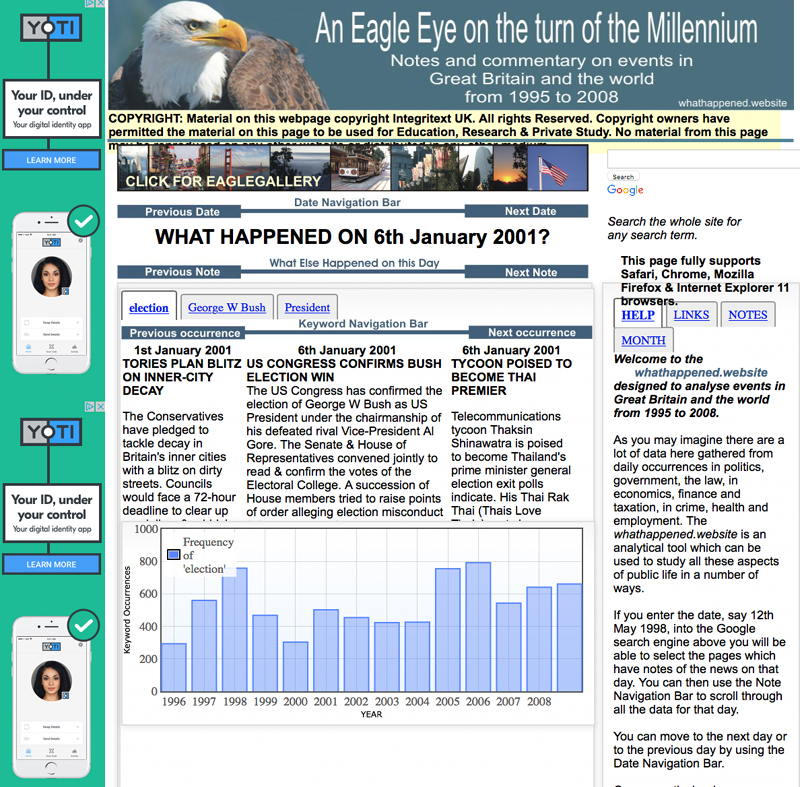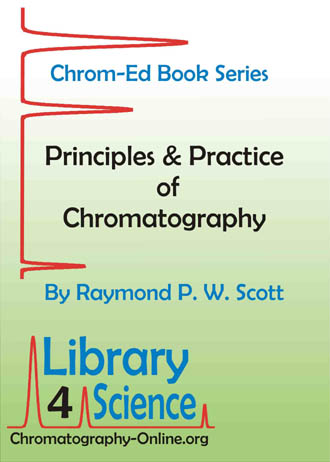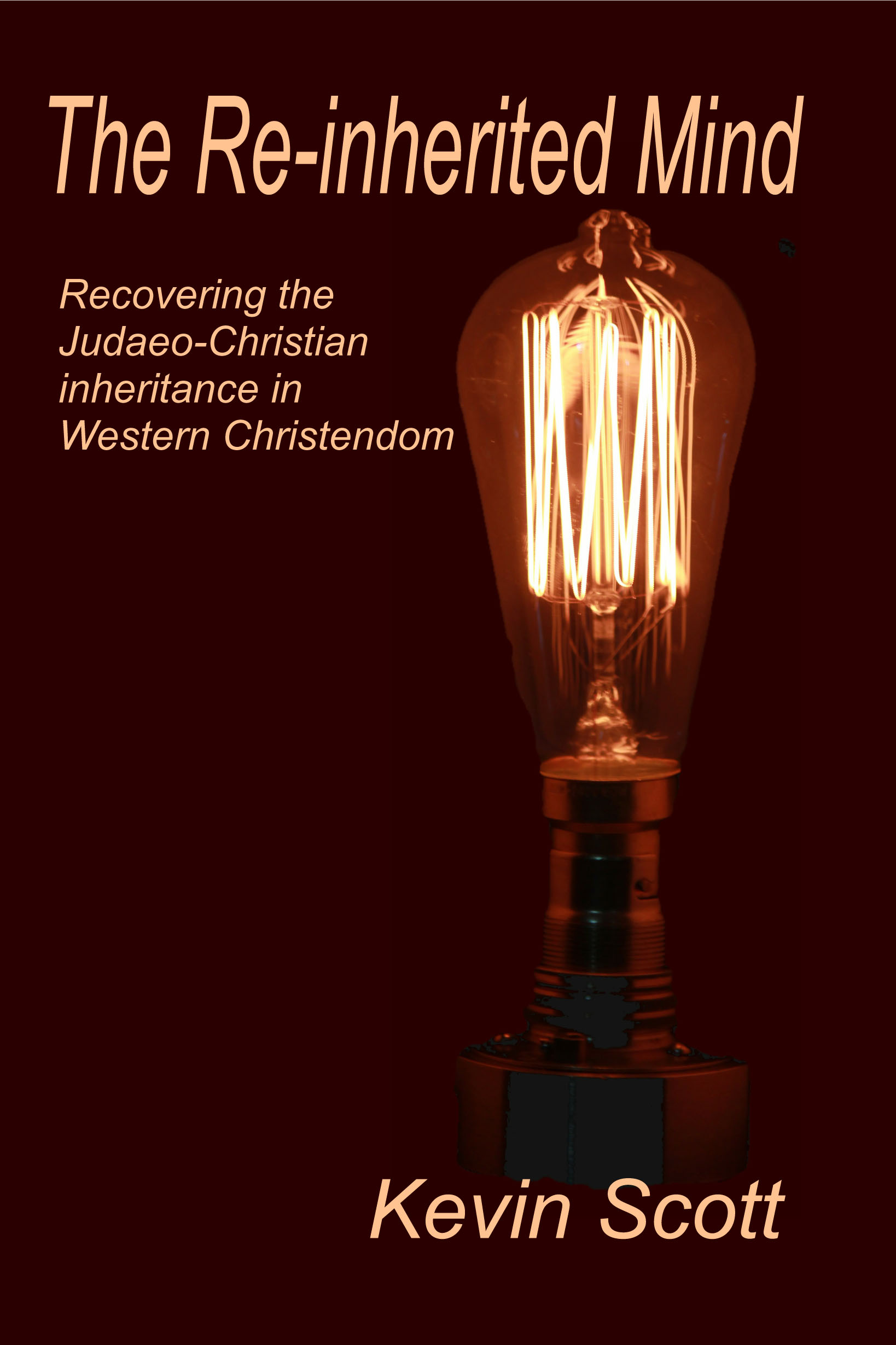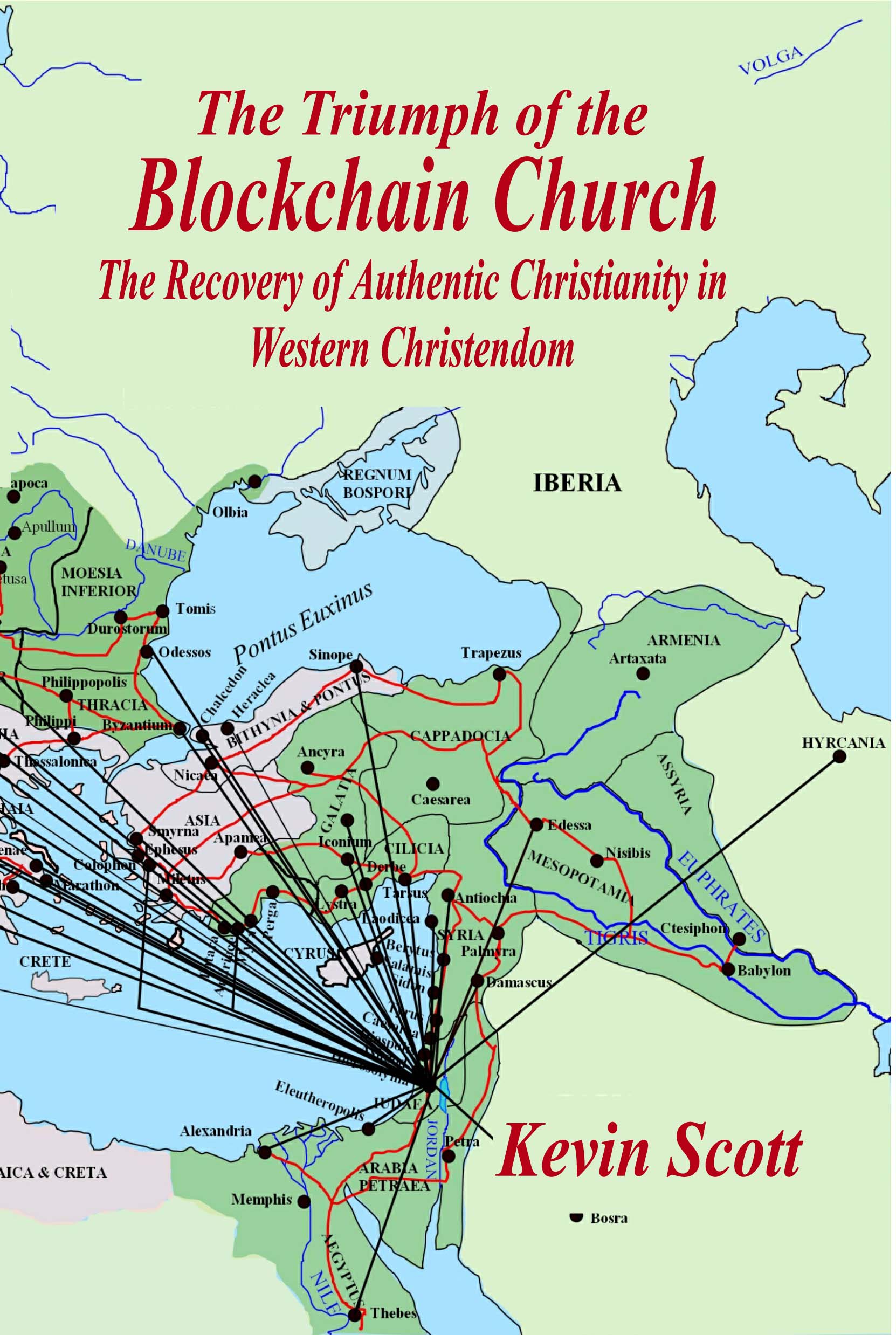
It is not merely an historical curiosity that Oxford University has no department of Physics, but rather a department of "Experimental Philosophy". The title betrays that there is a breadth and unity in the understanding of things and to a great extent that thought expresses the main emphasis of this site. There is a common thread running from the highest metaphysical insight, through mathematics and physics all the way to electronics, glassblowing and metal-working. This is the span of this site, although it contains the tiniest fraction of all that can be known and understood of God and the world.
Of all the time and space occupied by the human race since the Stone Age, a vast proportion of it has been filled or at least, strongly influenced by the Judaeo-Christian story. From tiny beginnings to the dominant thought form of over 2 billion people in the world, Judaism and then Christianity have provided the most cogent and comprehensive understanding of reality available to human beings. The scope of this endeavour is immense and in the WorldofStPaul website (accessible by clicking on the thumbnail below), I try to give some glimpse of the range and power of Christian thought through quotes and notes on authors ancient and modern.
The whathappened.website accessible by clicking the thumbnail below traces events on a daily basis from 1995 to 2008 and attempts some analysis of them via keywords.


We've just extended the range of Kindle Chromatography books by Ray Scott to include Ion Chromatography and the Plate Theory of Chromatography. These are very efficient ways of coming up to speed on both the theory and practice of Chromatography and will be very useful to the separation scientist, the analyst, and to laboratory staff and students alike. The Kindle format can be read or made readable, on a computer, on an iPad, on the Barnes & Noble Nook,or on the Amazon Kindle itself. The books are in colour where that can be displayed. So there are now 6 titles available with more coming soon:
"Ion Chromatography",
Order from
Amazon.com
or Amazon.co.uk
"The Plate Theory of Chromatography",
Order from
Amazon.com
or Amazon.co.uk
"Principles and Practice of Chromatography",
Order from
Amazon.com
or Amazon.co.uk
"Gas Chromatography",
Order from
Amazon.com
or Amazon.co.uk
"Liquid Chromatography",
Order from
Amazon.com
or Amazon.co.uk
"Thin Layer Chromatography",
Order from
Amazon.com
or Amazon.co.uk
all by R P W Scott

Kevin Scott's recent book argues that the Judaeo-Christian tradition contains many excellent insights into what we are as human beings, which we are in grave danger of forgetting, but which we can recall to our infinite advantage if we seek to do so. The book is filled with a high view of what a human being is and opens a vista of possibilities for man with God against the straitened condition of being without Him. "The Re-inherited Mind" deals with human dignity, liberty, endeavour, relationships, time and purpose using a secure understanding of how we know things, why we believe things, and how we remember them.

Richard Parrish writes:
This is a timely book. Authenticity is the one thing the Church needs in every age and this one is no exception. Kevin Scott identifies correctly both the source of such authenticity in the Church’s vertical relationship with her Lord and the vital role played by the horizontal relationship between churches in keeping the memory of this source alive and true.
The concept of “sacred space” which the author develops through the book illustrates clearly the dynamic, mystical relationship between Christ and his Church. Brilliant, original thinking gives us the “blockchain” metaphor for the way in which global churches have combined together to hold the faith through the centuries, through even the harshest of persecutions and the toughest of temptations. This is how the integrity of the Gospel message is maintained, even as it is passed on to the next generation.
When I first read the Introduction I was not sure whether “mystical” was the right word for this vertical relationship with the Lord, but, as the book progressed, I realised this doubt was part of the long shadow the Enlightenment has cast on our understanding of the faith, requiring everything to be comprehensible to our Western mind.
I also wondered at one stage in Chapter 2 whether a vital step had been missed in the argument for a better understanding of “sacred space”, as the jump from the Old Testament to Athanasius and the letter to the Hebrews seemed to miss out the Gospels. I need not have worried: the following Chapters 3-8 build the argument through the whole period of the New Testament with clear and imaginative attention to significant examples.
Through the lively retelling of early Church history we see the Blockchain Church in action - the extensive and critical role played by the original witnesses to Jesus as Messiah and Lord; the costly, personal faith exercised in him by an Apostle such as Thomas; the lucidity of the case for the resurrection of Jesus; the capacity of his followers in such a short time to question and reshape the prevalent Graeco-Roman worldview with which they had grown up; the ability of one local church to challenge and correct another.
Perhaps the most compelling part of the book is nearer the end in the vivid accounts of the defeat of the Arian heresy and the miraculous discernment shown by the Cappadocian Fathers in the face of severe persecution.
Kevin Scott’s conclusion is an unsettling one for those of us who have grown up too comfortably with the Constantinian Settlement. By living too much in “Roman space” rather than “sacred space” and accepting a “command and control” model of the Church instead of the “blockchain” model we deprive ourselves of the that very authenticity on which our future security depends. But the book ends on a triumphant note, as the Blockchain faith reasserts itself afresh as it did in the first centuries AD. The reputation which Billy Graham gave to certain football stadia, so wonderfully explained in Chapter 2, can also be acquired by other places in our time. This is a book well and creatively written in the spirit of Isaiah 55: “Seek the Lord whilst he may be found and call on him whilst he is near.” It is my hope that it will also be well and fruitfully read.

This book argues that the Judaeo-Christian tradition contains many excellent insights into what we are as human beings, which we are in grave danger of forgetting, but which we can recall to our infinite advantage if we seek to do so.
The book is filled with a high view of what a human being is and opens a vista of possibilities for man with God against the straitened condition of being without Him.
"The Re-inherited Mind" deals with human dignity, liberty, endeavour, relationships, time and purpose using a secure understanding of how we know things, why we believe things, and how we remember them.
"The Re-inherited Mind" is for anyone, Christian or not, who wants to understand how Christianity has shaped knowledge of ourselves, of the natural order and of God.
Its conversational but well-argued style is accessible to beginners but also satisfying to students, teachers and thinkers in science, philosophy, sociology and theology.
It will be useful in schools, churches, universities as well as a valuable addition to the library of those enquiring into the meaning of their own lives in a complex world.
"A remarkable book."
"..tremendous chapters on human dignity and liberty, interiority and endeavour."
"written in an engaging, authoritative, yet conversational style."
"‘The Re-inherited Mind’ has the makings of a classic in its genre."
"original and inspiring, offering a grand view of what it is to be human."
"Thoroughly recommended."
The Re-inherited Mind" is available as a paperback from Amazon.co.uk and from Amazon all over the world. Search for the title and you'll find it, buy it for £12 and it will be delivered to your door within a day or two.
"This is a remarkable book. Reading it reminded me how glad I am to be both a Christian and a human being.
It begins with a striking metaphor of the decline and possible renewal of our thinking in the Church and the society to which we belong. Starting from a thorough explanation of the basis of our knowledge, faith and memory, it builds a powerful argument for rediscovering a proper human confidence in our place in the world and the purposes of God.
There are some tremendous chapters on human dignity and liberty, interiority and endeavour. One of the high points of the book is its explanation of how much scientific advances have owed to Christian theological insights over the centuries. Another great strength is the consistent appeal to both physical and metaphysical evidence at each point of the argument. The writing exudes a well-founded confidence in the best of Christian scholarship, from the Church Fathers to the present day.
Kevin Scott’s book makes you think again about what you thought you knew. It is written in an engaging, authoritative, yet also conversational style, which gives space for considered reflection and opens up fruitful, new lines of enquiry.
‘The Re-inherited Mind’ has the makings of a classic in its genre. The author has done us a great service in making such clear thinking available to us in a succinct, well written volume. It now deserves to be well read."
RP, Headmaster.
"If you’re looking for something conventional which won’t challenge any of your current perspectives, don’t buy this! This book is original and inspiring, offering a grand view of what it is to be human. It contains an array of thoughtful insights - theological, historical, sociological and scientific. It offers a much needed antidote to the ‘post-Christian’, politically correct thinking of the modern West, and is therefore very refreshing to read. Thoroughly recommended."
GS, Academic Administrator.
"This book develops a very clear argument which exposes the reality that the God of Abraham Isaac and Jacob is the God of activity in history and not merely a concept in the realm of human ideas and imagination. 'The Re-inherited Mind' reveals how profoundly the Judaeo-Christian tradition has shaped and governed Western culture from time immemorial and exposes a clear fault-line between that tradition and current and contemporary ideas which are discordant with it. The author demonstrates how this disjuncture can be remedied by a recourse to the rich assets of Christianity and the confident recollection of its truth. Essential reading!"
WDK,Senior Anglican Cleric and Theological & Liturgical Scholar.